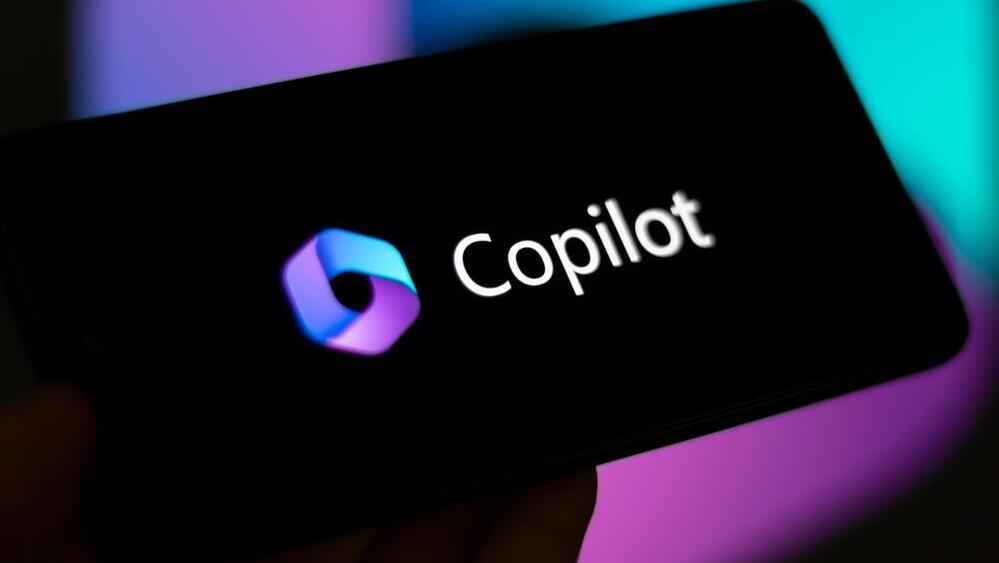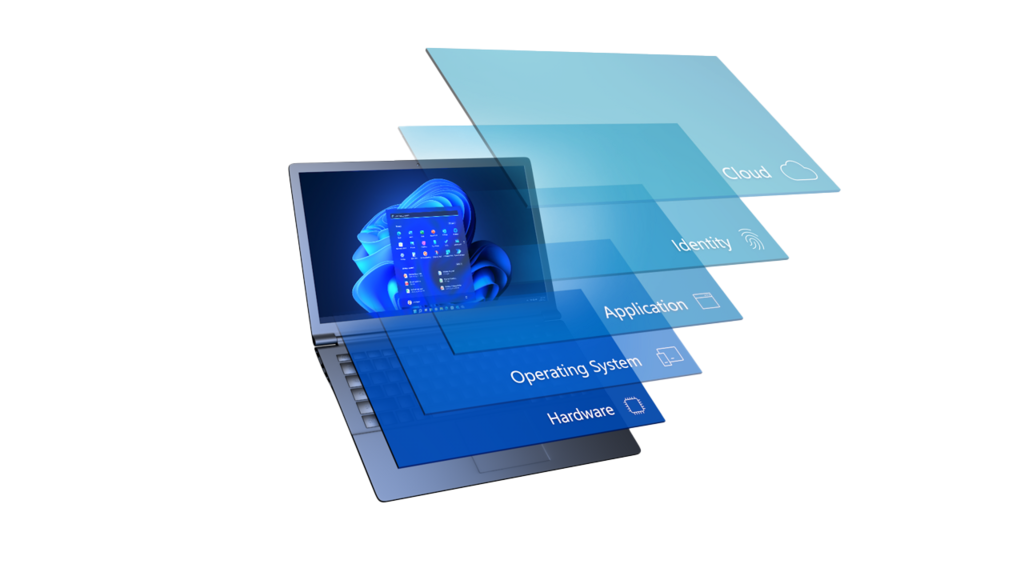Microsoft unveiled over 80 new AI-driven features for its applications during its annual Ignite conference in Chicago on Tuesday.
The event, attended by 14,000 participants, focused heavily on artificial intelligence, introducing “AI agents” that enhance both organizational and personal tasks across its ecosystem, particularly within the popular Microsoft 365 suite. While some of these innovations are available now, most will roll out by early 2025.
AI agents tailored for specific tasks
Microsoft’s AI agents, part of the Copilot umbrella, function as specialized mini-AI models designed to tackle tasks ranging from routine operations to complex business processes. For example:
Translator Agent: Enables multilingual conversations in Teams video meetings across nine languages. Participants can speak and listen in their preferred language, and the agent can even “represent” them using a voice sample.
Project Manager Agent: Planner can automatically create and monitor project plans.
Facilitator Agent: Developed in Microsoft’s Israel R&D center, this agent acts as a meeting participant, taking real-time notes and summarizing key information.
Self-Service Agent: Helps employees with workplace-related queries, such as understanding benefits or requesting new equipment.
Through the Copilot Studio tool, users can assign tasks to Copilot agents, such as drafting reports, scheduling daily email summaries, or performing tasks autonomously without constant guidance.
AI enhancements in Microsoft Teams
Teams received notable updates to break language barriers. Meeting participants can now transcribe discussions in any of 31 supported languages, regardless of those spoken during the session. Meeting summaries can also be automatically generated in a chosen language. These features were developed by Microsoft’s Herzliya-based team.
Another standout feature is the ability to analyze and “understand” visual content displayed during meetings, presentations or on websites. If a participant misses something, Copilot can fill in the gaps and summarize key insights.
Smarter search in Windows
Microsoft is upgrading its AI-powered search capabilities in Windows, integrating it into basic search functions, File Explorer and Settings. Users can locate files without needing exact names or content, relying instead on descriptive terms. For example, searching for “transportation” could surface documents related to cars, buses or airplanes. Similarly, image searches will work with descriptions.
AI enhancements in Microsoft Teams
(Video: Microsoft)
However, this enhanced search will only be available on Copilot+ PCs, which feature built-in AI hardware (NPUs) for offline functionality.
AI advancements in Office apps
Microsoft’s Office suite also gets a boost:
PowerPoint: Can now translate presentations into 40 languages while preserving their design.
Excel: Allows users to create spreadsheets through text or voice commands.
OneNote: Helps organize content by combining typed notes, handwriting, and voice recordings.
The Edge browser now includes an AI-based “Fear Blocker” to protect against aggressive scam tactics, such as pop-ups claiming the user’s computer is infected. The feature alerts users that these warnings are likely fraudulent.
Introducing a cloud-based desktop
For the first time, Microsoft unveiled Windows 365 Link, a compact cloud-based desktop device. It securely connects to the Windows-in-the-cloud service within seconds. The device holds no data or apps locally, ensuring everything remains secure in Microsoft’s cloud. Priced at $350, it will be available starting April 2025.
With these innovations, Microsoft continues to lead the charge in embedding AI into everyday tools, promising to reshape productivity for businesses and individuals alike.
Get the Ynetnews app on your smartphone:
First published: 00:45, 11.20.24





